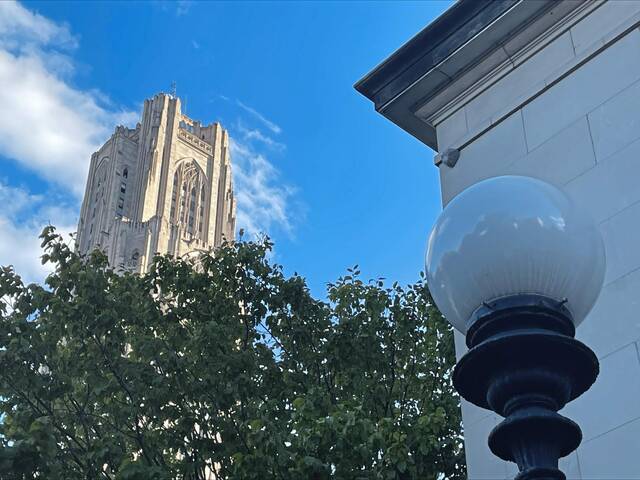https://staging.triblive.com/news/education-classroom/pitt-graduate-workers-unionize-in-landslide-vote/
Pitt graduate workers unionize in landslide vote

Graduate student workers at the University of Pittsburgh have voted in a landslide to unionize with the United Steelworkers after years of organizing and rising pro-labor sentiment in academia.
More than 97% of eligible voters went for a union just over a year after organizers kicked off their card campaign. They claimed majority support by January and unsuccessfully asked the university for voluntary union recognition.
There are roughly 2,100 graduate workers on campus who now have “a voice on the job,” the United Steelworkers said in a statement, through their ability to negotiate their pay, benefits and working conditions.
The United Steelworkers has represented Pitt faculty since 2021 and staff since September.
In a statement posted online, Pitt promised to “come to the table in good faith and support all graduate students throughout and beyond the process.”
Organized labor has gained ground on campuses all over the country. Big-name institutions, such as Yale, Stanford and the University of Pennsylvania, have had to recognize graduate workers unions in recent years after decisive election outcomes.
About 40% of graduate student workers now belong to a collective bargaining unit.
“(The result) is not surprising in that it’s what most higher education organizing looks like lately,” said Pat Healy, an information science doctoral student. “It still took a lot of work to make that happen.”
Healy jumped into organizing after union supporters faced a narrow and controversial defeat in 2019. The Pennsylvania Labor Relations Board later deemed the university had engaged in voter intimidation, but not enough to influence the outcome.
The years of low-key organizing that followed were valuable, Healy said, but downgrades to health insurance offerings as the fall 2023 semester began really “sparked this success.”
Many graduate workers were outraged by the changes, including the loss of fully covered hospital stays, 600% higher copays for therapy and primary care as well as a $250 individual deductible, up from zero.
“That is the thing that is both the main issue that will be coming to the bargaining table and is going to potentially be a hard thing to figure out,” Healy said.
Boosting pay has come up as another priority among graduate student workers. Annual stipends range from $20,600 to $34,515 following a 4% raise last year. At the bottom end of that scale, a worker with one dependent would be just a couple hundred dollars over the federal poverty line.
Bargaining likely won’t begin for a few months and, from there, as had been the case with Pitt faculty, a first contract could take years. But for now, organizers are basking in their success.
“It was definitely a good weekend,” Healy said. “Lots of parties happened this weekend.”
Copyright ©2025— Trib Total Media, LLC (TribLIVE.com)
